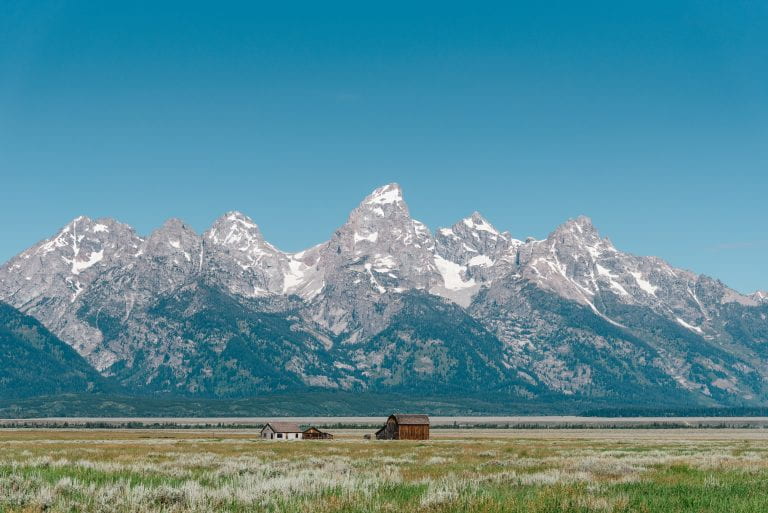GW International Institute of Tourism Studies Guides Teton County Towards Destination Stewardship
Nestled between mountain ranges of Grand Teton National Park and the wondrous landscapes of Yellowstone National Park, Jackson Hole, Wyoming is a town with a distinct personality and big ambitions. It is one thing to be a place that caters to tourists attracted to world-class skiing and hiking with awe-inspiring scenery and wildlife, and another to create a world-class plan to keep the destination and the communities that serve them sustainable.
The George Washington University International Institute of Tourism Studies (GW IITS), –in partnership with Confluence Sustainability–has joined a high-profile effort to steer the mountain resort destination in the development of a sustainable destination management plan. The past lack of a destination management plan and the enormous success and year-round influx of visitors to Jackson Hole and Teton County, gateways to two of the most popular national parks in the U.S., has naturally created some questions about how to balance the need to protect the local environment and culture and make tourism more valuable for the local community. Traffic, housing, workforce shortage, and overcrowding at recreation facilities are commonly cited.
“Bringing people with differing interests and concerns together to create a destination management plan for a mature destination is never easy. The key is bringing people together and finding common ground. Our team at the George Washington University International Institute of Tourism Studies and Confluence Sustainability is well-positioned to assist Jackson Hole toward sustainability,” said Seleni Matus, executive director of George Washington University International Institute of Tourism Studies. “We’ve developed destination management plans for many global destinations including mountain resort and gateway communities, and our team has been at the forefront of shaping global destination certification standards. We also have strong ties to the community, having supported Teton County’s past sustainability assessment and certification efforts.”
The year-long project is consulting businesses, residents, local non-profits, governments and Federal land managers throughout the planning process. To ensure community buy-in and to develop a shared sense of responsibility for sustainable management, GW IITS has conducted a situational analysis with stakeholders, held stakeholder meetings and focus groups, and conducted a resident survey. The GW IITS and Confluence Sustainability team recently led two visioning and planning workshops in Jackson Hole and Idaho.
A steering committee of community stakeholders is providing oversight for the planning process, which build on past and existing sustainability efforts.
“Since our inception in 2011, the Jackson Hole Travel and Tourism Board has been integral in building a strong tourism economy for the Jackson community. The current Board recognizes the need to prioritize destination stewardship with a renewed focus on enhancing the quality of life of our community. As we embark on this process, we intend to build on our valued community partners’ well-established and pioneering work on sustainability initiatives,” said Cory Carlson, JHTTB Board Chair.
Follow the project’s progress at https://www.visitjacksonhole.com/locals

